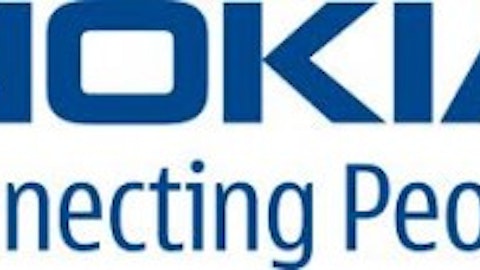“The King is dead! Long live the King!” is a pronouncement that has its foundations as far back as 13th century England, and is based on a principle adopted to avoid civil war: upon the death of the reigning monarch (then, Henry III), the monarch’s heir (then, Edward I) is considered to immediately ascend to the throne, leaving no period where there is no legitimate ruler (Edward was fighting in the Crusades at the time of his father’s death, hence was unavailable for an immediate coronation). Thus, the saying both announces the passing of the dead monarch, and the assurance that there is still in place a living monarch.

Why is that curious?
What is a tablet, other than one of the more recent evolutions of the personal computer, along with smart phones, laptops, and netbooks? Is the PC dead or not?
What Dean no doubt meant was that the desktop PC was “dead,” in that people were moving away from that large box that took up so much desk space (unless you were clever enough to put it on the floor, or on a separate stand), and gravitating towards smaller devices – devices that could be carried around, allowing one to work (or do whatever one does with one’s PC) wherever one wanted to do it.
(Although there were actually “transportable” computers as far back as the early 1980’s – one-piece computers that weighed in the neighborhood of 20 pounds or so. I still have my Kaypro 10, made by the now-defunct Kaypro Corporation, which still works, believe it or not, although I do not use it anymore. The computer has lasted longer than the company did.)
Is the desktop PC dead? Is it dying? Is it even sick? I think not, and neither do several major computer manufacturers.
IBM is no longer the de facto PC standard, having sold its PC division to China-based Lenovo Group Limited (NASDAQOTH: LNVGY) in 2005; there are, however, still some manufacturers that produce desktop PCs, although they are farsighted enough to also produce the more up-to-date manifestations – or at least some of them. In fact, Lenovo produces desktop computers (among many other things) and maintains operational headquarters at IBM’s former Morrisville, North Carolina, center.
Dell Inc. (NASDAQ:DELL) is another company that, while expanding its business to include the production of laptops, netbooks, and tablets, still manufactures desktop PC’s, and is one of the stalwarts of desktop units. Dell strengthened its position in the desktop area in 2006 with the acquisition of Alienware, a specialty manufacturer of gaming PCs that Dell operates as a subsidiary. Potential investors are advised that head honcho Michael Dell has made no bones about his desire to take his company private, however. (Indeed, as of Feb. 6, 2013 it has been determined that Dell may take his company private.)





